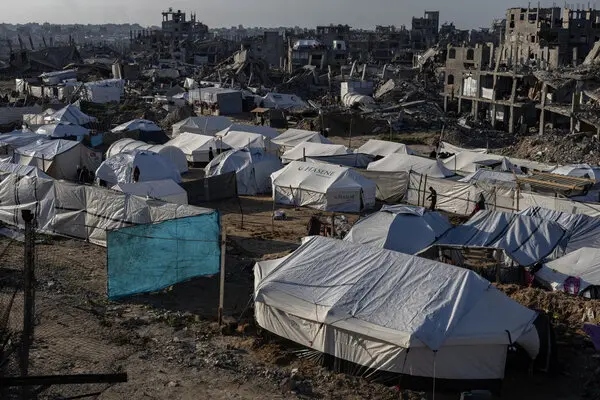
The Belgian government reached an agreement Monday (6 February) on new energy measures, extending the temporary support measures to further protect citizens from high energy prices.
The government has been helping citizens cope with high energy prices for several months but at the cost of registering the largest budget deficit in the eurozone (5.1% of its GDP) in the third quarter of 2022.
“As prices stabilise and spring and summer approach, temporary support measures are coming to an end. We need to reform now in order to protect people from high energy prices, not only today, but also in the future,” Finance Minister Vincent Van Peteghem said in a statement.
“This reform will smooth out the price fluctuations of the past year and ensure that basic energy consumption is protected,” Van Peteghem added.
Under the agreement, the government decided to extend the reduced VAT rate of 6% on gas and electricity and not put it back to 21% as it was before – costing the government €1.3 billion according to RTBF. The agreement also includes a new excise system for gas and electricity to compensate for the extended VAT rate.
Together these measures represent aid amounting to “about €300 per year for an average household”, the press release writes.
The agreement also includes a progressive reduction of the extended social energy tariff that applies throughout Belgium, regardless of the energy supplier or network operator and depending on income. Progressively, it will again be status-based by the third quarter of this year, meaning only those who receive benefits will be entitled to them.
One million households currently benefit from the social tariff, though about half would no longer be receiving it soon, economist Philippe Defeyt told Le Soir.
The “modalities of implementation” will be discussed within the government if electricity and gas prices exceed €250 and €100/MWh respectively, before implementation on 1 April, the press release also states.
(Anne-Sophie Gayet | EURACTIV.com)
Source: euractiv.com



